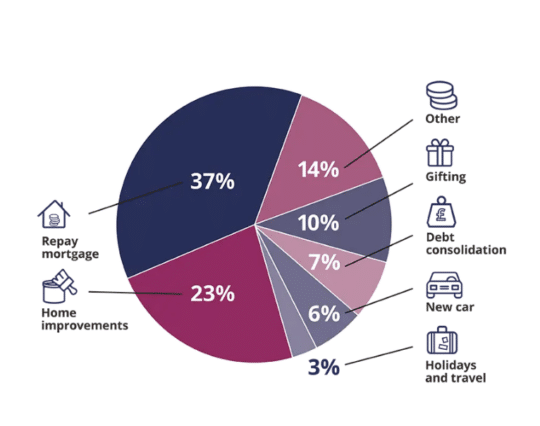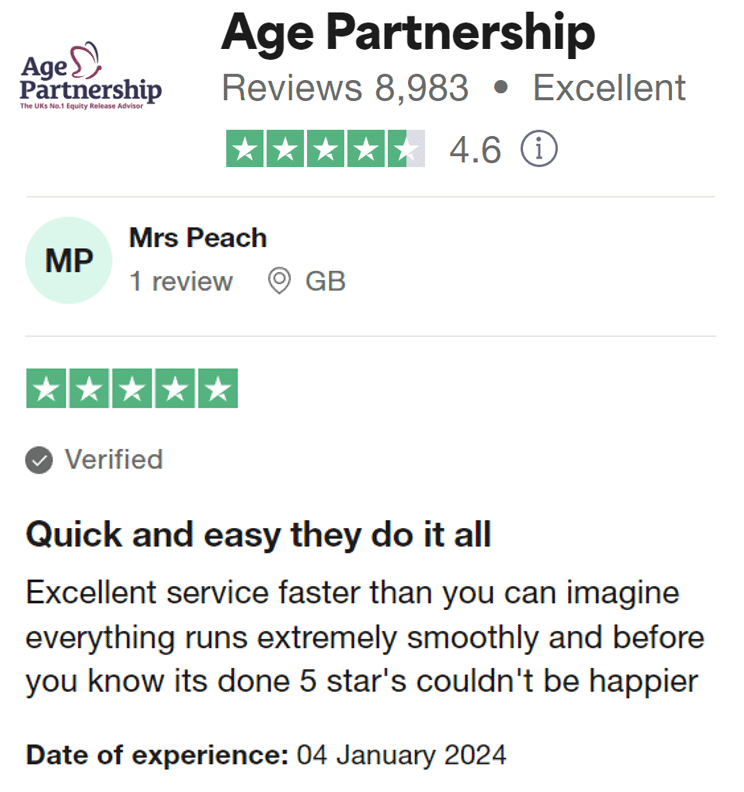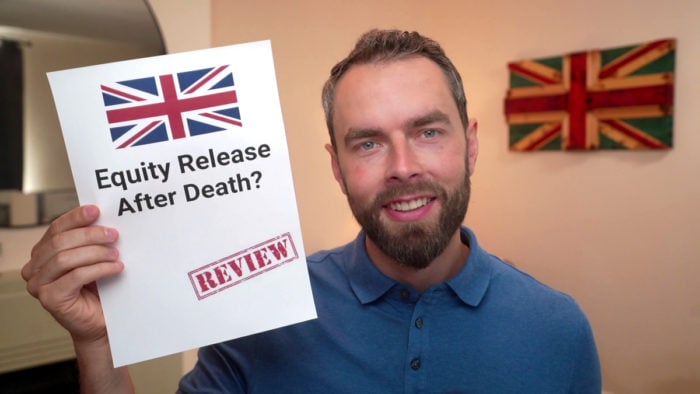Selling Home to Pay for Care – Can You Avoid It?
Our preferred equity release adviser is Age Partnership. For free and impartial money advice you can visit MoneyHelper.

Our preferred equity release adviser is Age Partnership. For free and impartial money advice you can visit MoneyHelper.
Are you worried about having to sell your home to pay for care? You’re not alone. Many people feel the same way. Understanding how to avoid this situation can be tricky, but don’t worry; you’ve come to the right place. Each month, over 7,000 people visit our website for advice on topics like this.
In this article, we’ll explore:
- The risks to your home’s equity
- The costs of care homes
- How the value of your home is calculated
- Tips on getting a realistic quote
- Ways to avoid selling your home to pay for care
We know that the idea of selling your home to pay for care can be scary. You may be confused about the equity release process, but we’re here to help. We have the expertise and understanding to guide you through this.
We want to help you understand the situation better and make the best possible choice. We’ll walk you through the complexities of this important issue and answer your questions along the way.
Let’s dive in.
How many people do it?
There are various reports on the number of people selling their homes to pay for care. Many sources suggest the figure is around 40,000 people per year, although the government refused the BBC’s request for the most up-to-date figures in a recent article.
Can you be forced to sell your house to fund care fees?
You cannot be forced to sell a property you own to pay for care, but it could be a solution for some people requiring care without another way to fund care home fees.

Source: https://forums.moneysavingexpert.com/discussion/4364807/selling-home-to-pay-care-home-fees
If you don’t know about another solution, you can feel like you’re being forced into selling the property to pay the care home fees.
Yet, selling your home to pay for care isn’t the only solution. There are other things you can consider, which will be explained in this guide.
How equity release could help
More than 2 million people have used Age Partnership to release equity since 2004.
How your money is up to you, but here’s what their customers do…
Find out how much equity you could release by clicking the button below.
In partnership with Age Partnership.
How can it be avoided?
To avoid selling your home to pay care home fees, you can consider using a:
- Deferred Payment Agreement (DPA)
- Or an equity release plan
» TAKE ACTION NOW: Fill out the short debt form
What is a Deferred Payment Agreement?
A Deferred payment Agreement is a type of loan used to pay care home costs. The loan is provided by the council based on a percentage of your property’s value, with the money directly paying the care home costs.
The loan has no monthly repayments. It is repaid with interest when the property is sold or when the homeowner passes away and the property is subsequently sold.
Although the property will not need to be sold to pay for your care, it will be sold once you pass away. Therefore, your estate beneficiaries won’t inherit your home, but they may still inherit a percentage of the home’s sale proceeds.
From October 2023, the most you will ever have to pay for social care is capped at £86,000.
What is an equity release plan?
An equity release plan is another option when you want to avoid selling your home and still pay care home fees. In fact, an equity release plan might provide you with enough money to pay for private care in your own home.
The most common type of equity release is a lifetime mortgage. It offers you up to 60% of your home’s equity on average, providing you own the property outright and are above 55 years old. For example, if you have a £200,000 home, you could get a £120,000 lump sum.
The lifetime mortgage applies an interest rate, but the loan nor the interest gets repaid each month. The debt rolls up and gets bigger over time, but it’s only repaid when you pass away or if you move out. When either of these happens, the lender sells the property to clear the debt.
Interestingly, the lifetime mortgage company adds a charge to the property. So the council couldn’t count your property as 100% of your asset within a means test if you were to later apply to live in an aged care facility. But if you were to do this intentionally, it could be classified as deprivation of assets!
Join thousands of others who release equity
Age Partnership have helped over 2 million people release equity from their home.

Mrs Wareham
“I am more than pleased to have taken out Equity Release with Age Partnership.”
Reviews shown are for Age Partnership. Search powered by Age Partnership.
How much are care home costs?
The average cost of a non-specialist care home is £704 per week on average. This cost is likely to be more if the facility provides specialist care, such as dementia care.
If you own money and assets of £23,250 or more, you will be required to pay care home costs in full. If you own money and assets below this amount, you can get financial support to help pay some of the costs from the local council. The council will perform a means test to work this out.
As of October 2023, the threshold will significantly increase to £100,000 as part of a relatively new government initiative.
There are times when your property will and won’t be included in the means test, which have been explained in detail by Age UK here.
How will they calculate the value of my property?
As part of the council’s means test, it will need to calculate the value of your home. They might do this with market data, or they could ask for an updated valuation of your home from an estate agent.
Things to consider
Equity release will involve a home reversion or a lifetime mortgage, which is secured against your property and will reduce the value of your estate and impact funding long-term care. Our equity release partner, Age Partnership provides a personalised illustration to explain the full details. The money you release, plus the accrued interest is then repaid when you die or move into long-term care. Advice is required before proceeding with equity release and any existing mortgage must be repaid. Age Partnership provide initial advice for free and without obligation. Only if your case completes would Age Partnership’s advice fee of £1,895 be payable. Other lender and solicitor fees may apply.


